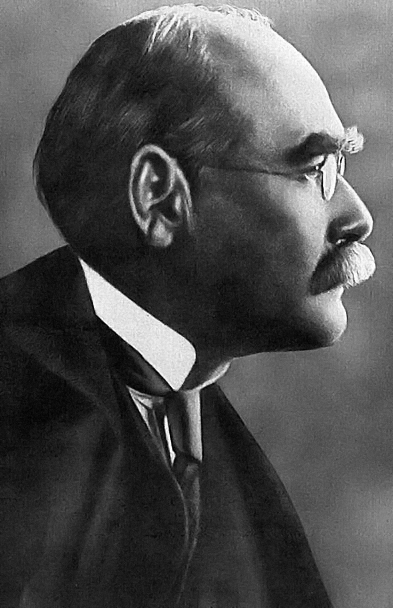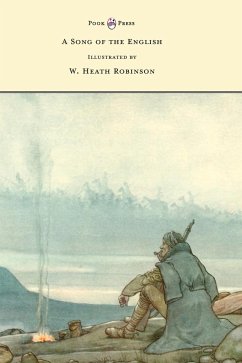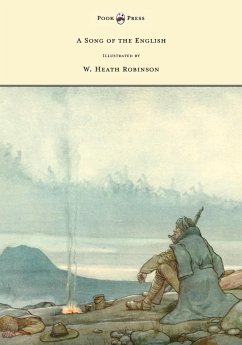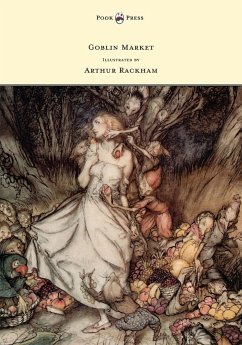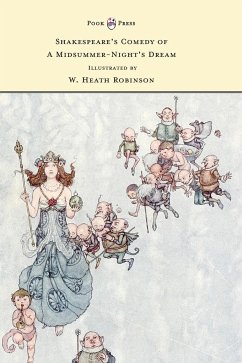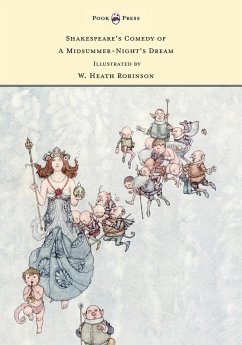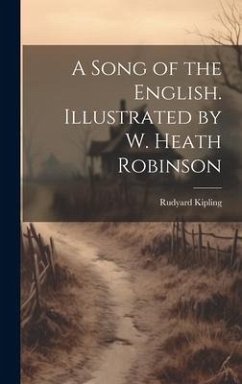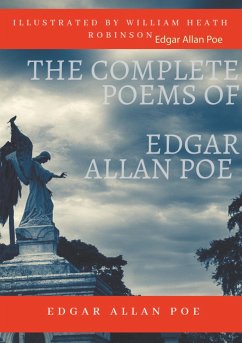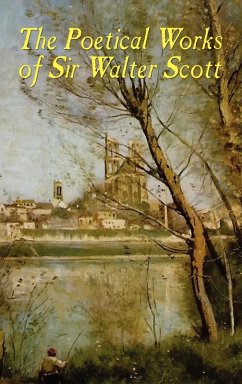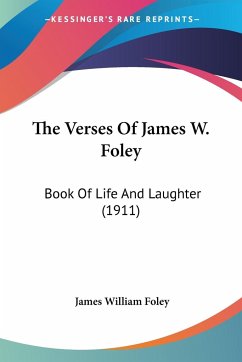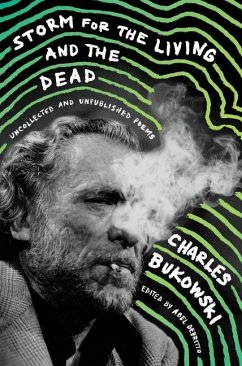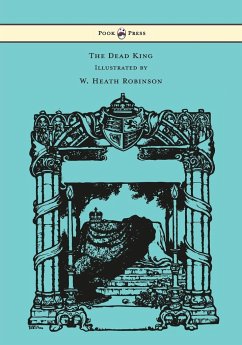
The Dead King - Illustrated by W. Heath Robinson

PAYBACK Punkte
7 °P sammeln!
Kipling¿s poem ¿The Dead King¿ was written as a eulogy to King Edward VII as a wise devoted monarch who had served his people well. King Edward VII died on May 6th, 1910 and this poem was first printed in The Times, the Morning Post, and other English newspapers on 18 May 1910. Here the poem is decorated with the wonderful illustrations of W. Heath Robinson, an English cartoonist and illustrator. He was best known for drawings of ridiculously complicated machines ¿ for achieving deceptively simple objectives. Such was (and is) his fame, that the term ¿Heath Robinson¿ entered the English ...
Kipling¿s poem ¿The Dead King¿ was written as a eulogy to King Edward VII as a wise devoted monarch who had served his people well. King Edward VII died on May 6th, 1910 and this poem was first printed in The Times, the Morning Post, and other English newspapers on 18 May 1910. Here the poem is decorated with the wonderful illustrations of W. Heath Robinson, an English cartoonist and illustrator. He was best known for drawings of ridiculously complicated machines ¿ for achieving deceptively simple objectives. Such was (and is) his fame, that the term ¿Heath Robinson¿ entered the English language during the First World War, as a description of any unnecessarily complex and implausible contrivance. Originally published in 1910, we are now republishing it here as part of our ¿Pook Press¿ imprint, celebrating the golden age of illustration in children¿s literature.





